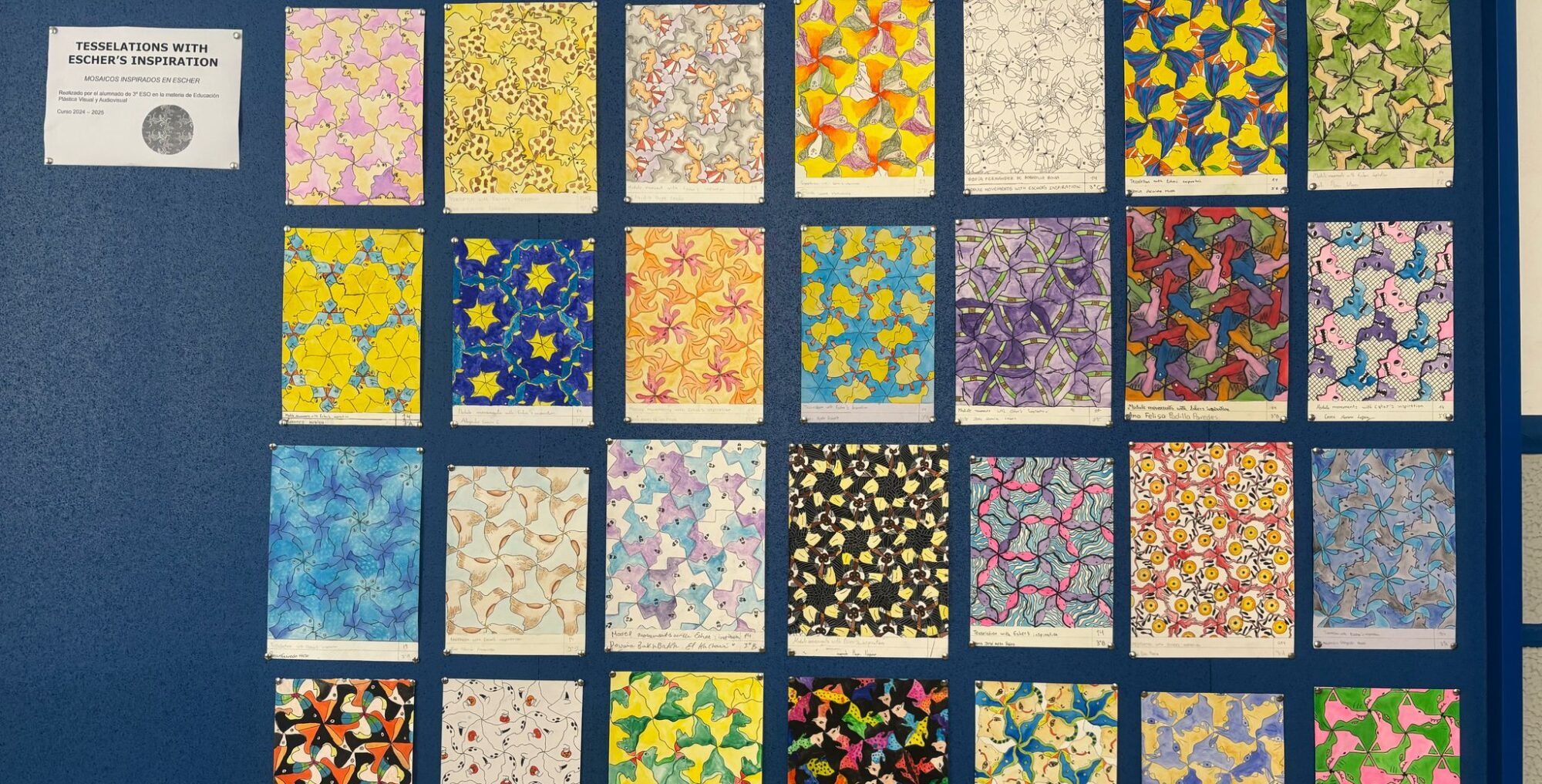Here are some tongue twisters (trabalenguas) in English to try at home, try to say the words quickly!
I scream, you scream, we all scream, for ice cream!
Peter Piper picked a peck of pickled peppers
A peck of pickled peppers Peter Piper picked
If Peter Piper picked a peck of pickled peppers
Where’s the peck of pickled peppers that Peter Piper picked?
I saw Susie sitting in a shoe shine shop.
How much wood would a woodchuck chuck, if the woodchuck could chuck wood?
He would chuck, he would, as much as he could,
And chuck as much wood as a woodchuck would,
If a woodchuck could chuck wood.
She sells sea shells by the seashore
And the shells she sells by the seashore are sea shells for sure.
All I want is a proper cup of coffee,
Made in a proper copper coffee pot
I may be off my dot
But I want a cup of coffee
From a proper coffee pot.
Tin coffee pots and iron coffee pots
They’re no use to me –
If I can’t have a proper cup of coffee
In a proper copper coffee pot
I’ll have a cup of tea.

